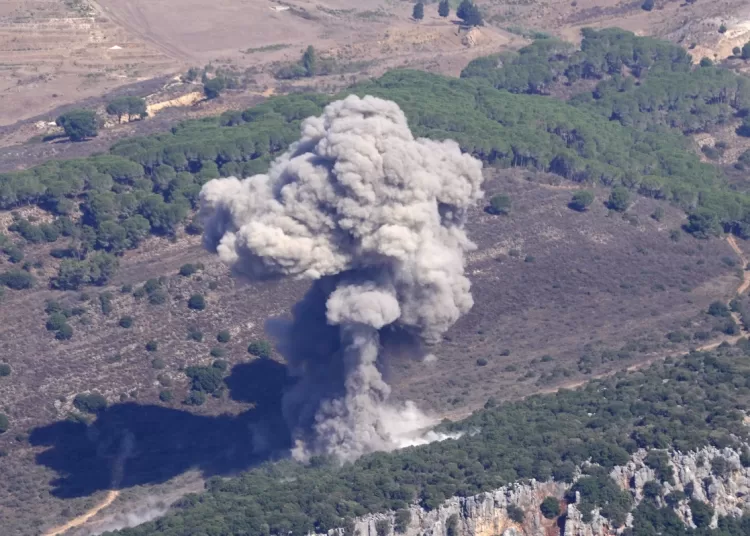It has been a devastating week for Hezbollah and the people of Lebanon.Bombs hidden in the group’s pagers and walkie-talkies killed dozens of people and wounded thousands — many of them Hezbollah members. Israeli strikes on Beirut killed two of Hezbollah’s top commanders. And Israel has bombed what it said were 1,600 militant sites across large parts of Lebanon, killing hundreds of people and displacing thousands.
Israel says its objective is to secure the border so that tens of thousands of people who fled under Hezbollah fire nearly a year ago can return to their homes. But it’s far from clear that its recent operations — as tactically successful as they were — will bring that about.
“No one either in or out of the defense establishment has any clue as to how to translate these brilliant operational achievements into political benefit, into a real victory that will stop the war in the north,” columnist Nadav Eyal wrote in Israel’s Yediot Ahronot newspaper.“As long as Hezbollah retains any firepower, the northern border will not be able to return to normal.”Hezbollah began firing into Israel the day after Hamas’ Oct. 7 attack triggered the war in Gaza. Its stated aim was to pin down Israeli forces in the north to help its ally Hamas, which — like Hezbollah — is backed by Iran. The Lebanese militant group has said it would cease the attacks if there is a cease-fire in Gaza, which appears increasingly unlikely.Hezbollah’s response to the past week’s escalation has seemed meager.
The hundreds of rockets and drones it has fired into northern Israel — including areas much farther from the border than it hit previously — have caused few casualties and only scattered damage.The militants fired a longer-range missile early Wednesday that targeted Tel Aviv for the first time, marking a clear escalation. The Israeli military said it intercepted the projectile, and there were no reports of casualties or damage.






Discussion about this post